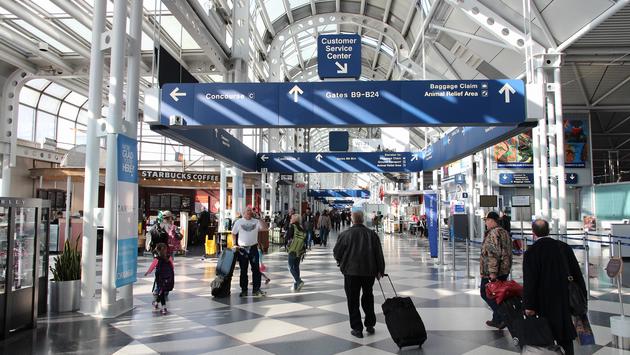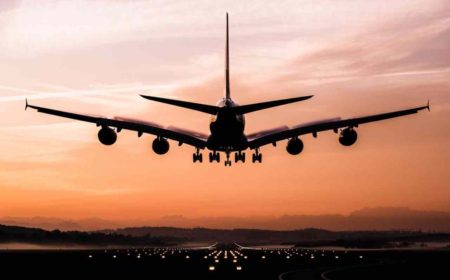
Airlines are burning through cash reserves as they try to stay afloat. IATA said providing refunds for canceled flights, as rules in many parts of the world such as the European Union require them to do, was not possible.
Some consumer groups are angry at airlines for ignoring those rules, and say hard-up passengers need the cash just as much as the airlines.
In the United States, a passenger filed a class-action lawsuit on Monday against United Airlines for refusing to pay a refund after his family’s flight was canceled.
The airline declined to comment on the action but said that since the start of the crisis it had given customers more flexibility by allowing them to change plans without a fee.
The U.S. Transportation Department has told airlines they must refund tickets for canceled flights, following a rising number of consumer complaints and inquiries.
The refunds row escalated as U.S. carriers slashed more flights and held talks with the Treasury over the terms of $25 billion earmarked for payroll costs.
Airlines, unions, and Democrats are trying to minimize the amount of equity or potential future stakes that the U.S. government might take in compensation for such support.
In Europe, an environmental group called Stay Grounded published an open letter signed by 250 environmental groups and charities from across Europe calling on governments to attach climate and labor conditions to any airline bailouts.
De Juniac said airlines had already committed to ambitious targets and would not abandon the effort due to the crisis.
IATA has been asking governments for lower charges and taxes to help its 290 members – which transport 82% of global traffic – survive. It also wants funds to help restart routes in the future.
The airline’s body said European countries had agreed to defer air traffic control charges totaling some 1.1 billion euros ($1.2 billion) from February to May.



